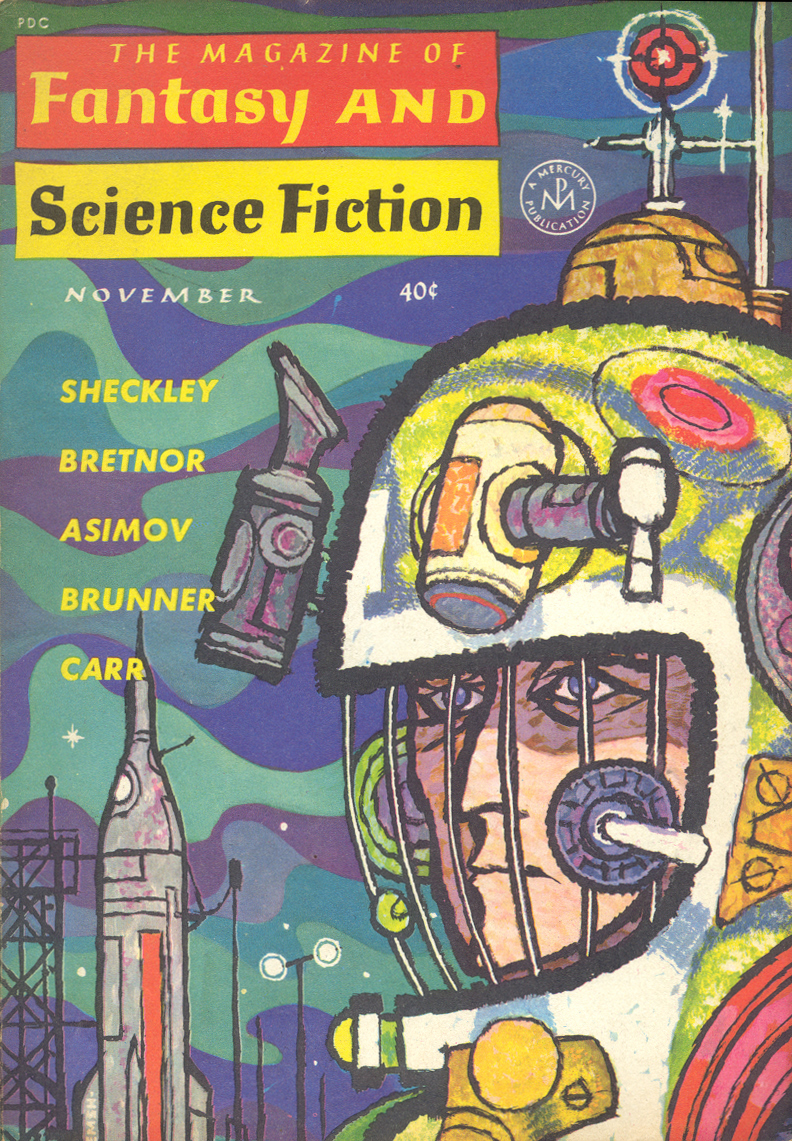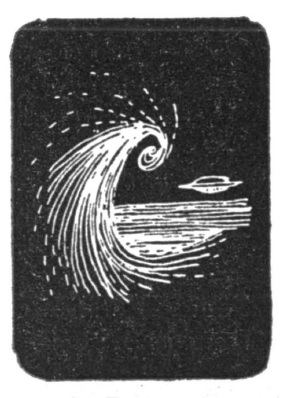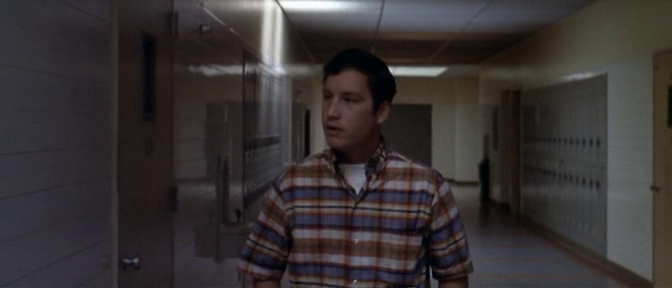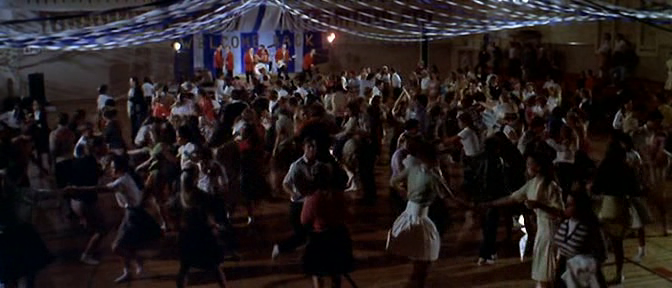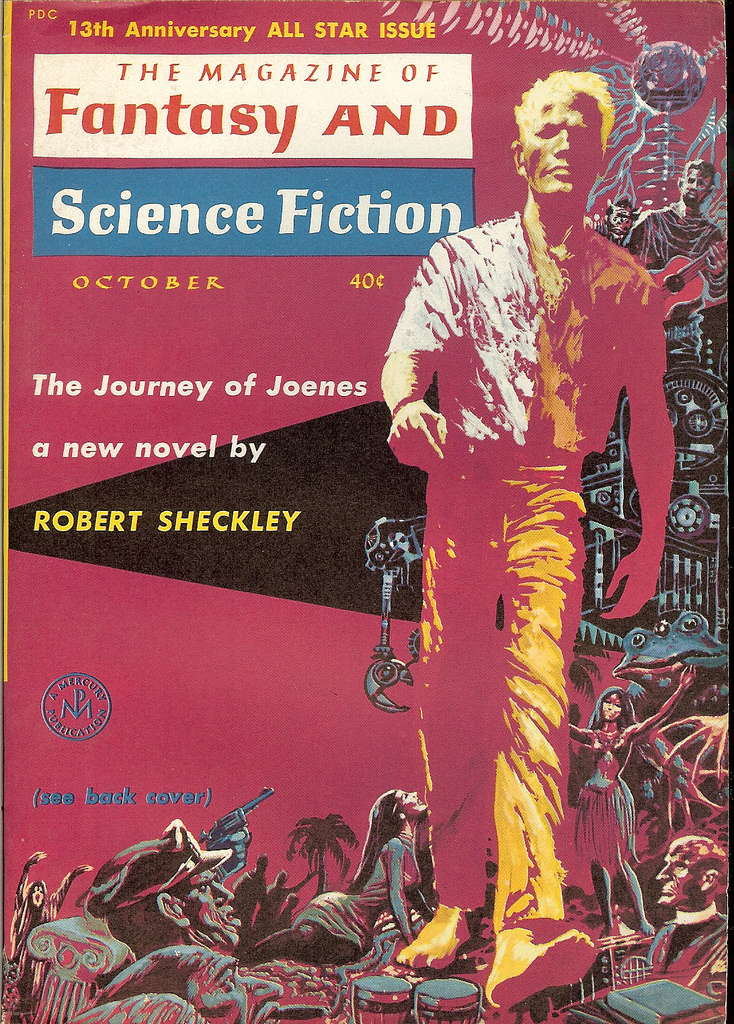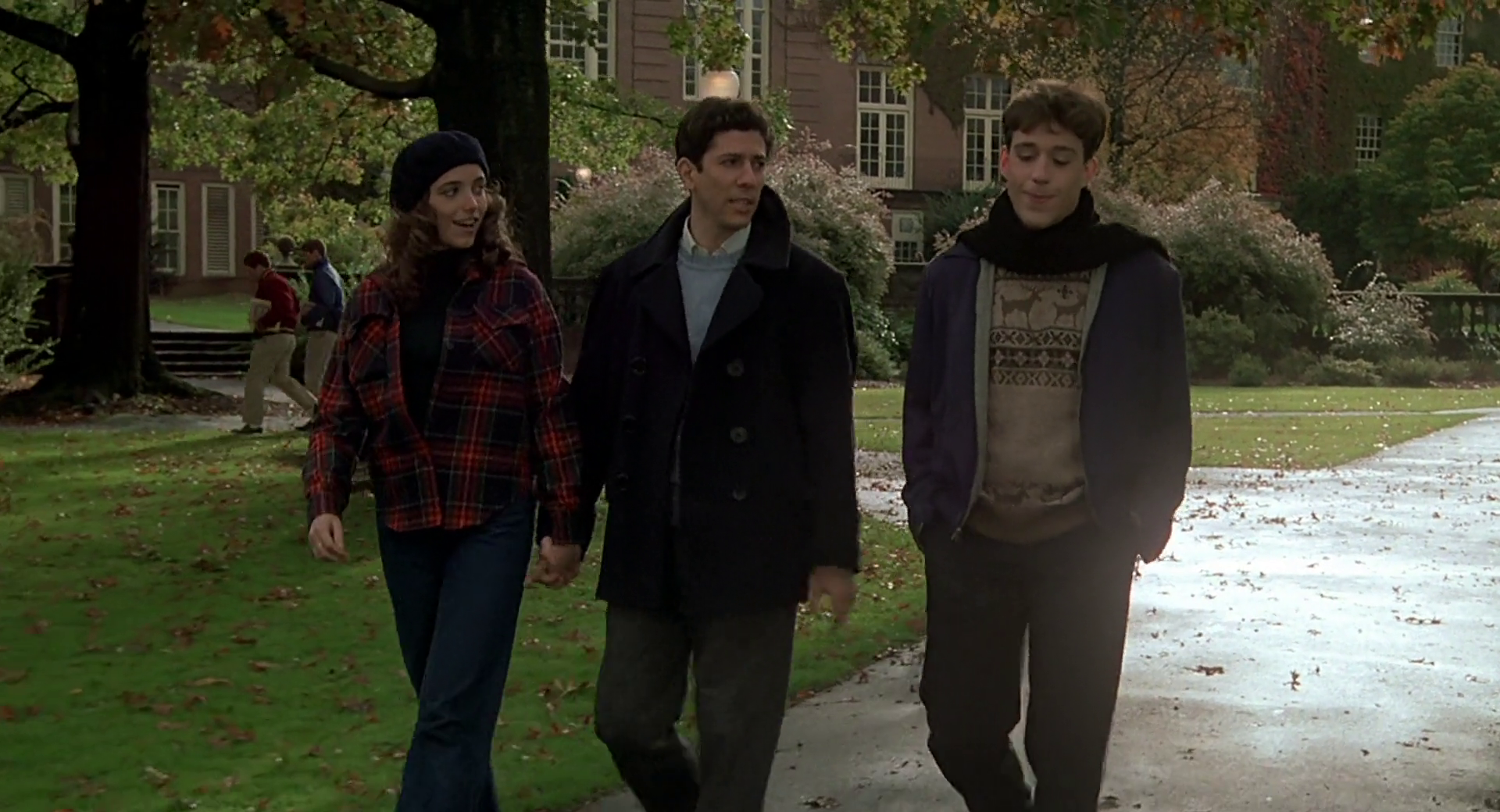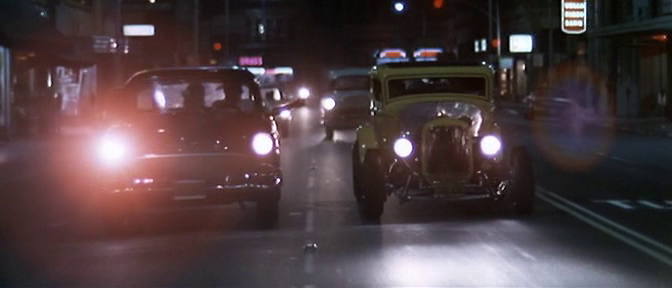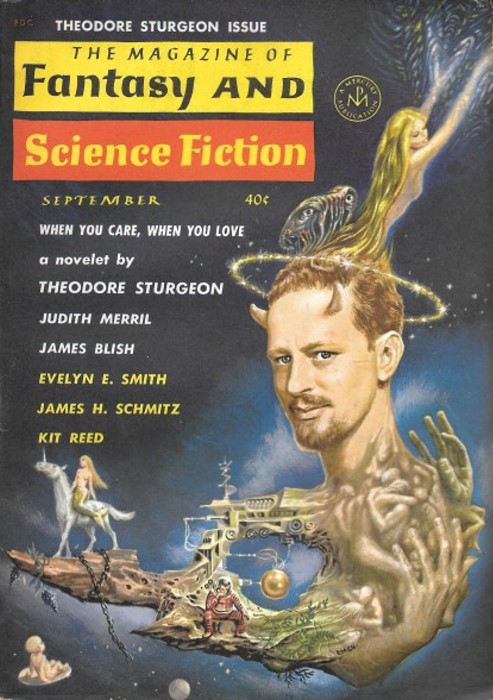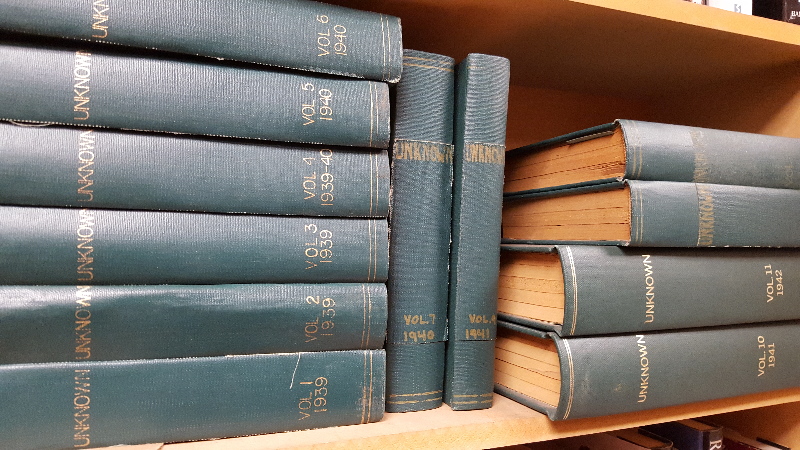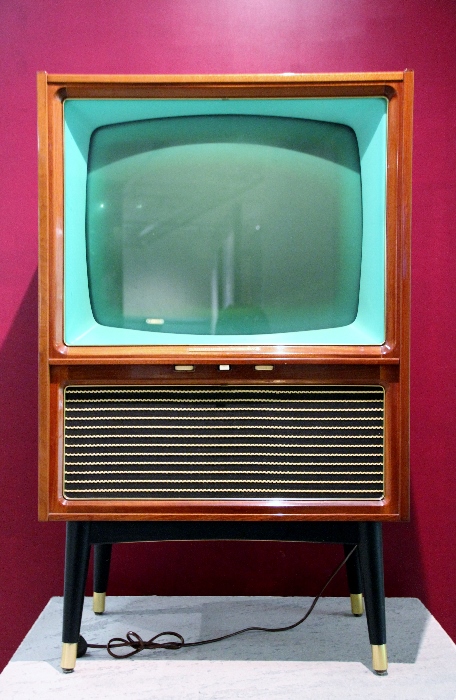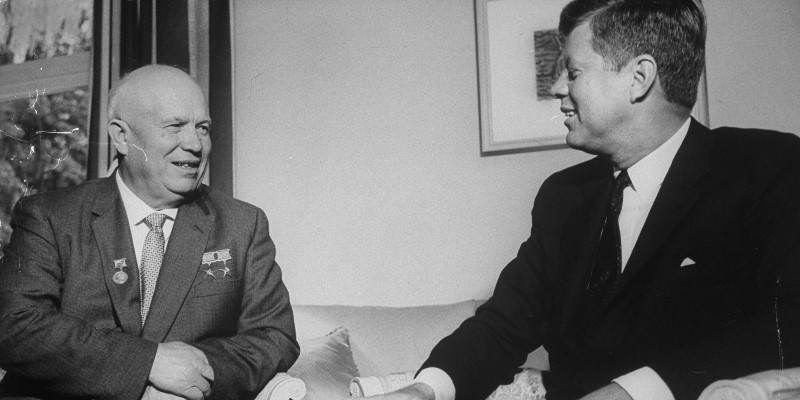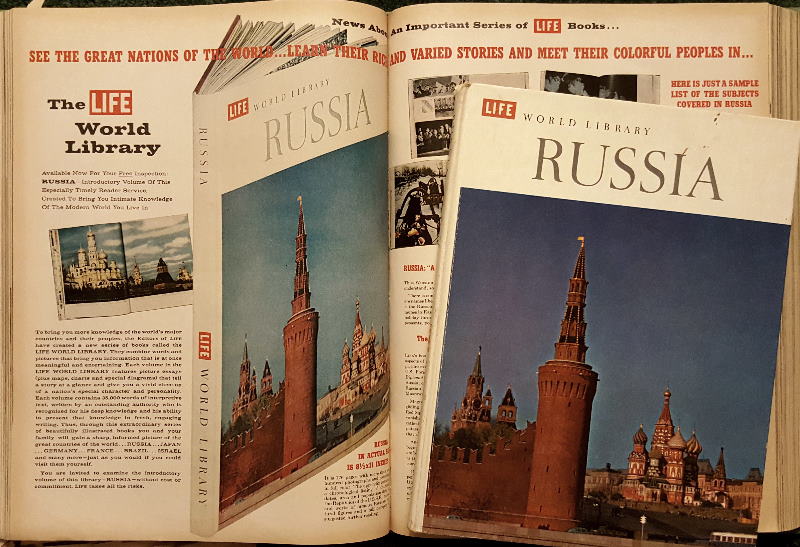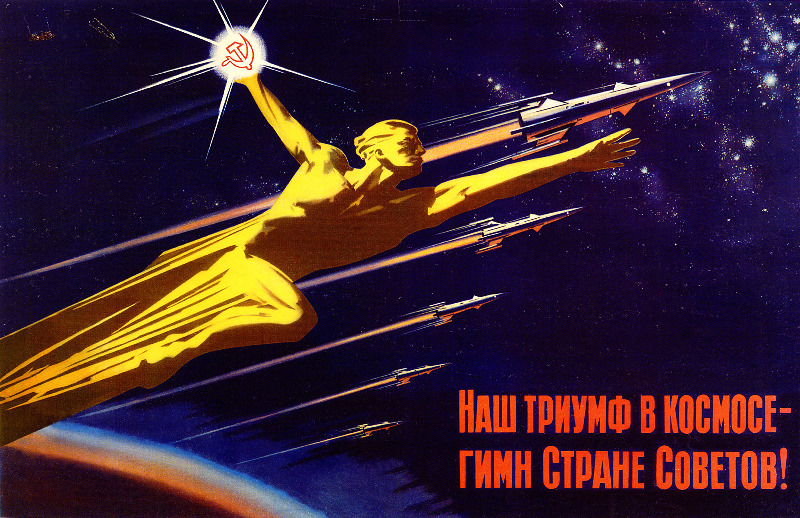[if you’re new to the Journey, read this to see what we’re all about!]

by Gideon Marcus

The beautiful and talented Betty White turned 41 today. Of what is this apropos? Nothing in particular. Just a piece of pleasant news amidst all the Asian war talk and tax cut squabbling and racial disharmony one must contend with in the paper and on the TV. Ms. White is always so charming and cheerful, but in an intelligent (not vapid) way. She reminds me, in her own way, of Mrs. Traveler, this column's esteemed editor. Though she, like Jack Benny, stopped aging at 39…
One entity that has not stopped aging, and whose aging I have whinged upon quite frequently, is Fantasy and Science Fiction, a magazine now in its 14th year and third editor. Editor Avram Davidson has given me a decent issue this time around, for which I am grateful. See if you enjoy the February 1963 Fantasy and Science Fiction as much as I did…

The Riddle Song, by Vance Aandahl
Young Mr. Aandahl continues to, after an auspicious beginning, produce stuff that disappoints. I'm not sure of the point of this tale, about an old besotted bum with poems for anecdotes. Perhaps you'll get the reference — I didn't. Two stars.
Counter Security, by James White
Ah, now this is what I read sf for. This largely autobiographical piece features a young, underemployed night watchman in a British department store who must solve the mystery of (what appears to be) a spiteful, peppermint chewing, floor-spitting, Black-hating skulker before the staff quit en masse from worry and fear. I finished this novelette in one sitting on the beach at Waimea as the sun rose, and I'm not sure a more perfect half hour was ever spent. Five stars.
Punk's Progress, by Robert Wallsten
A take on The Rake's Progress with a decidedly modern tone. Nothing new, but the journey is fun. Three stars.
Gladys's Gregory, by John Anthony West
A Modest Proposal meets marriage in suburbia. A wicked piece, but kind of fun. Three stars.
The Nature of the Place, by Robert Silverberg
Ever wonder where you go when you die? What if your own personal hell is more of the same? Of course, being a cup is half full sort of guy, that sounds more like the other place to me. But I understand Silverbob is the melancholy type. Three stars.
The Jazz Machine, by Richard Matheson
Don't let the poetic layout fool you — this is pure prose, but Matheson turns it into a song. A harsh Blues song tinged with the pain of the oppressed. Four stars.

The Lost Generation, by Isaac Asimov
In which the Good Doctor sidesteps his lack of knowledge of "Information Retrieval" to discuss the importance of networking — and recognizing opportunity when it bites you in the hinder. It's about this history of the Theory of Evolution, by the way. Four stars.
The Pleiades, by Otis Kidwell Burger
When immortality and beauty are universal, it takes a most unusual girlie show to make an impact. This is the first story by Ms. Burger I really liked. Four stars.
Satan Mekatrig, by Israel Zangwill
…and then the magazine slides downhill. The bulk of the last quarter is taken up with this reprint from 1899, in which a hunchbacked Lucifer tempts the pious Moshe from his orthodoxy. It's not bad, but it is dated and doesn't really belong in this magazine (though I can see why it appeals to Davidson). Two stars.
Peggy and Peter Go to the Moon, by Don White
A trifle, written like a children's story but barbed like a cactus. Fine for what it is, but not my thing. Two stars.

3.1 stars! It doesn't sound like much, but given F&SF's recent slump, this is a breath of fresh air. Plus, five-star stories are quite rare. Do check it out.
And, if you get the chance, come out this weekend for ConDor, a San Diego SFF convention at which yours truly will be presenting both Saturday and Sunday (the latter is the Galactic Journey panel).
[P.S. If you registered for WorldCon this year, please consider nominating Galactic Journey for the "Best Fanzine" Hugo. Check your mail for instructions…]






